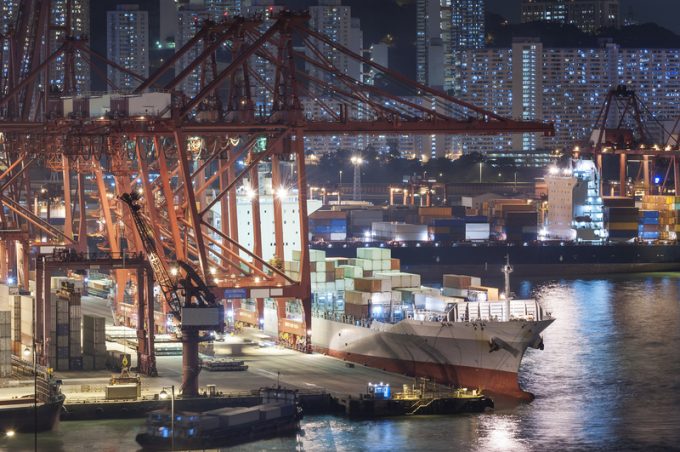'Tariff today, gone tomorrow' taking transpac box trade to the brink
Is Trump taking us back to tramp shipping?

A “short-sighted” approach by shipping lines is driving the degeneration of relationships with their contract shipper customers that could harm them in the future, according to maritime consultant Drewry.
One of several shippers surveyed by the consultant said things had reached an all-time low.
“Relationships with carriers count for nothing these days,” said one large European shipper. “The carriers are very opportunistic and take high-rate spot shipments rather than contract shipments – it is all about money.”
Another respondent, a medium-size US shipper, ...
Asia-USEC shippers to lose 42% capacity in a surge of blanked sailings
Why ROI is driving a shift to smart reefer containers
USTR fees will lead to 'complete destabilisation' of container shipping alliances
New USTR port fees threaten shipping and global supply chains, says Cosco
Outlook for container shipping 'more uncertain now than at the onset of Covid'
Transpac container service closures mount
DHL Express suspends non-de minimis B2C parcels to US consumers

Comment on this article